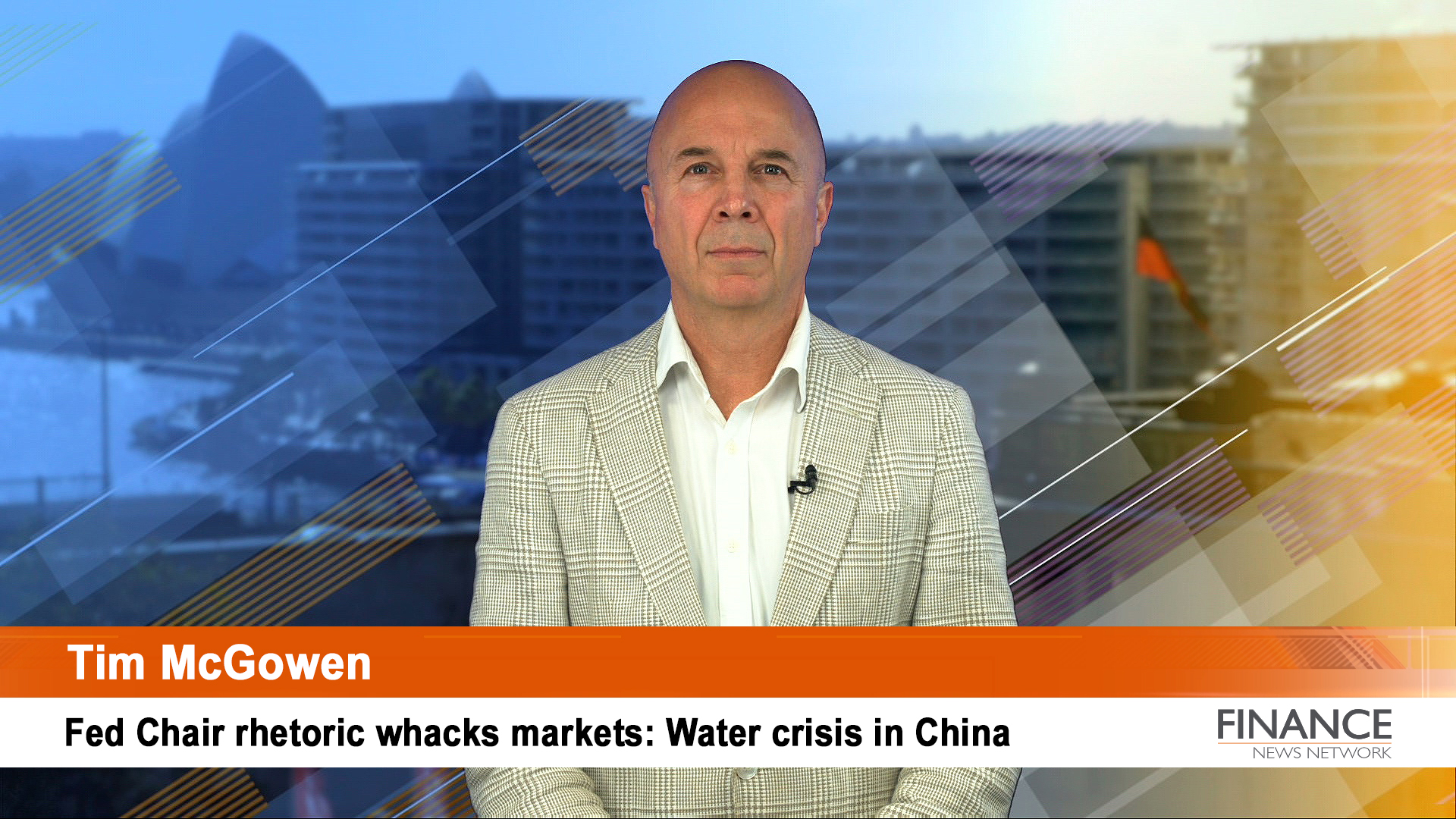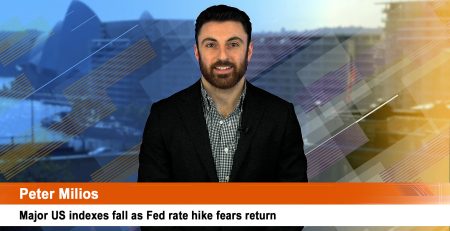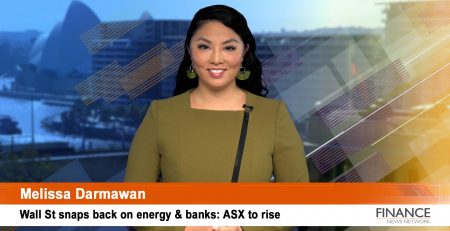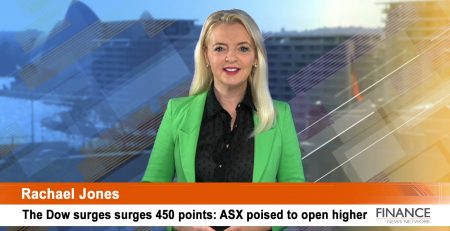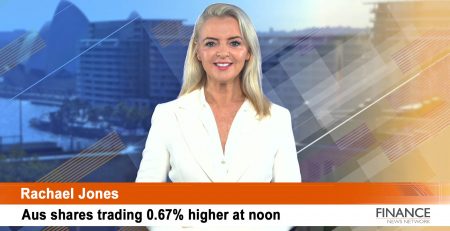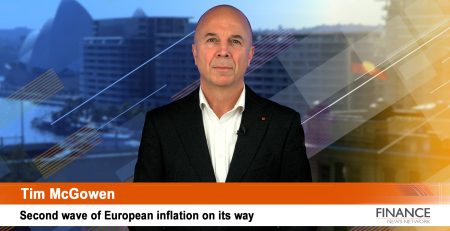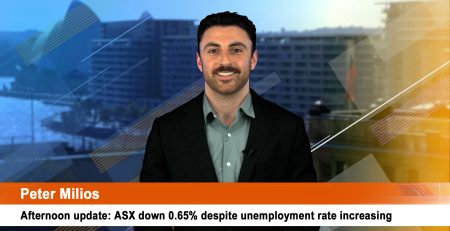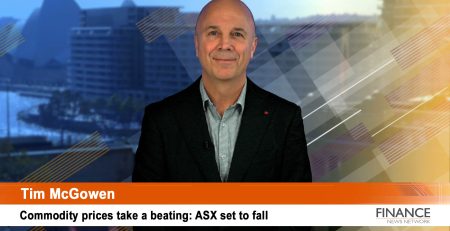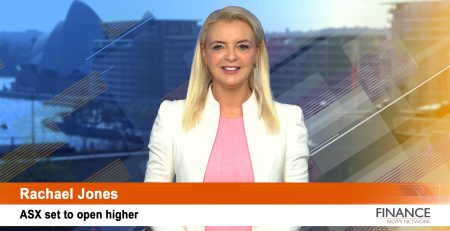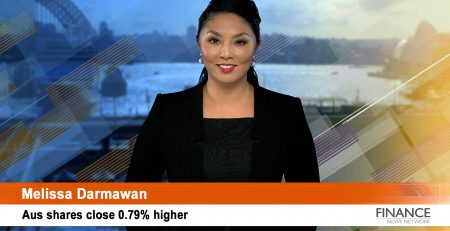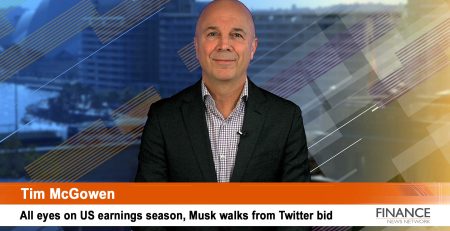Fed Chair rhetoric whacks markets: Water crisis in China
US equities finished lower in Friday trading, ending near the worst levels. Stocks plummeted Friday after Federal Reserve Chair Jerome Powell said in his Jackson Hole speech the central bank won’t back off in its fight against rapid inflation. The Fed chair made it crystal clear that Americans will face slower economic growth and a weaker job market as a result of the central bank’s efforts to tame inflation. But Powell argued that the failure to bring down prices would result in even greater hurt for Americans. He called price stability the “bedrock of our economy,” and said that the Fed “must keep at it until the job is done”—“it” being a series of meaty interest rate hikes.
The Dow Jones Industrial Average dropped 1,008.38 points, or 3.03 per cent, to 32,283.40, with losses accelerating into the close. The S&P 500 fell 3.37 per cent to 4,057.66, and the Nasdaq Composite slid 3.94 per cent to 12,141.71.
The stock market’s worst month – September – will soon be upon us. The S&P 500 index has averaged a 1 per cent loss in September dating back to 1928, says Dow Jones Market Data. The Dow Jones Industrial Average has notched a similar September loss going back to 1896. It’s clearly the bad month for both indexes. Last year, stocks fell 4.8 per cent in September. The sell-off on Wall Street was broad-based, with just five stocks in the S&P 500 posting gains on Friday.
Semis, homebuilders, retail/apparel, asset managers, building products, trucking among were the notable underperformers. Defensive sectors and energy held up best, but still ended down.
Once again across the globe rising energy prices are having a more detrimental impact on European investors than rising interest rates.
Asian and European gas prices hit record highs again on Friday driven by different factors, though with one common source – the continuing ripples from the Russian invasion of Ukraine.
Europe’s benchmark gas price has soared by almost a third in the past week as traders and utilities rush to secure supplies ahead of the winter. Asia’s gain has been similar – around 31 per cent.
In the UK gas price rises combined with rising interest rates are hitting investors hard.
In addition drought has been declared across the globe, from the Horn of Africa, to China and England, as climate change continues unabated – drought means more than just a water shortage.
Its having a major impact of electricity generation, shipping delays on the Rhine, with China on the verge of a water catastrophe. Water shortages could also induce global food and industrial material shortages on a far greater scale than those wrought by the COVID-19 pandemic and the war in Ukraine.
Given the China’s overriding importance to the global economy, potential water-driven disruptions beginning in China would rapidly reverberate through food, energy, and materials markets around the world and create economic and political turbulence for years to come.
Of course unlike other commodities, water does not have any viable substitutes
Today’s global supply chains are woefully unprepared for a Chinese drought that could disrupt grain trade patterns and key industrial materials production across multiple continents.
Currencies
One Australian dollar fell close to 1 cent Friday, buying 68.86 US cents (Fri: 69.80 US cents), 58.70 Pence Sterling, 94.82 Yen and 69.20 Euro cents.
Bitcoin futures were off 5.5 per cent.
Commodities
Iron ore futures are flat.
Gold lost $21.60 or 1.2 per cent to US$1750 an ounce.
Silver was down $0.34 or 1.8 per cent to US$18.83 an ounce.
Copper fell $0.10 or 0.03 per cent to US$369.70 a pound.
Oil prices ended higher on Friday, boosted by signals from Saudi Arabia that OPEC could cut output. Oil added $0.54 or 0.6 per cent to US$93.06 a barrel.
Futures
The SPI futures are pointing to a 1.5 per cent fall.
The Australian June 30 reporting season wraps up from today through Thursday. Watch for key results from Fortescue Metals Group and Woodside Energy.
Figures around the globe
Across the Atlantic, European markets closed lower. Paris lost 1.7 per cent, Frankfurt dropped 2.3 per cent and London’s FTSE closed 0.7 per cent lower.
Asian markets closed mixed. Tokyo’s Nikkei added 0.6 per cent, Hong Kong’s Hang Seng gained over 1 per cent and China’s Shanghai Composite closed 0.3 per cent lower.
On Friday, the Australian sharemarket added 0.8 per cent to 7104.
Ex-dividends
There are eleven companies set to trade without the right to a dividend.
Ansell (ASX:ANN) is paying 45.2699 cents unfranked
Challenger (ASX:CGF) is paying 11.5 cents fully franked
Coronado Global Resources Inc (ASX:CRN) is paying 7.5681 cents unfranked
Gale Pacific (ASX:GAP) is paying 1 cent 75 per cent franked
Hansen Technologies (ASX:HSN) is paying 5 cents 30 per cent franked
Ingenia Group (ASX:INA) is paying 5.8 cents unfranked
Pengana Capital (ASX:PCG) is paying 8 cents fully franked
Pinnacle Investment (ASX:PNI) is paying 17.5 cents fully franked
SIV Capital (ASX:SIV) is paying 6 cents fully franked
VGI Partners Asian Investments (ASX:VG8) is paying 5 cents 51.4 per cent franked
Worley (ASX:WOR) is paying 25 cents unfranked
Sources: Bloomberg, FactSet, IRESS, TradingView, UBS, Bourse Data, Trading Economics, CoinMarketCap.
Copyright 2022 – Finance News Network
Source: Finance News Network

